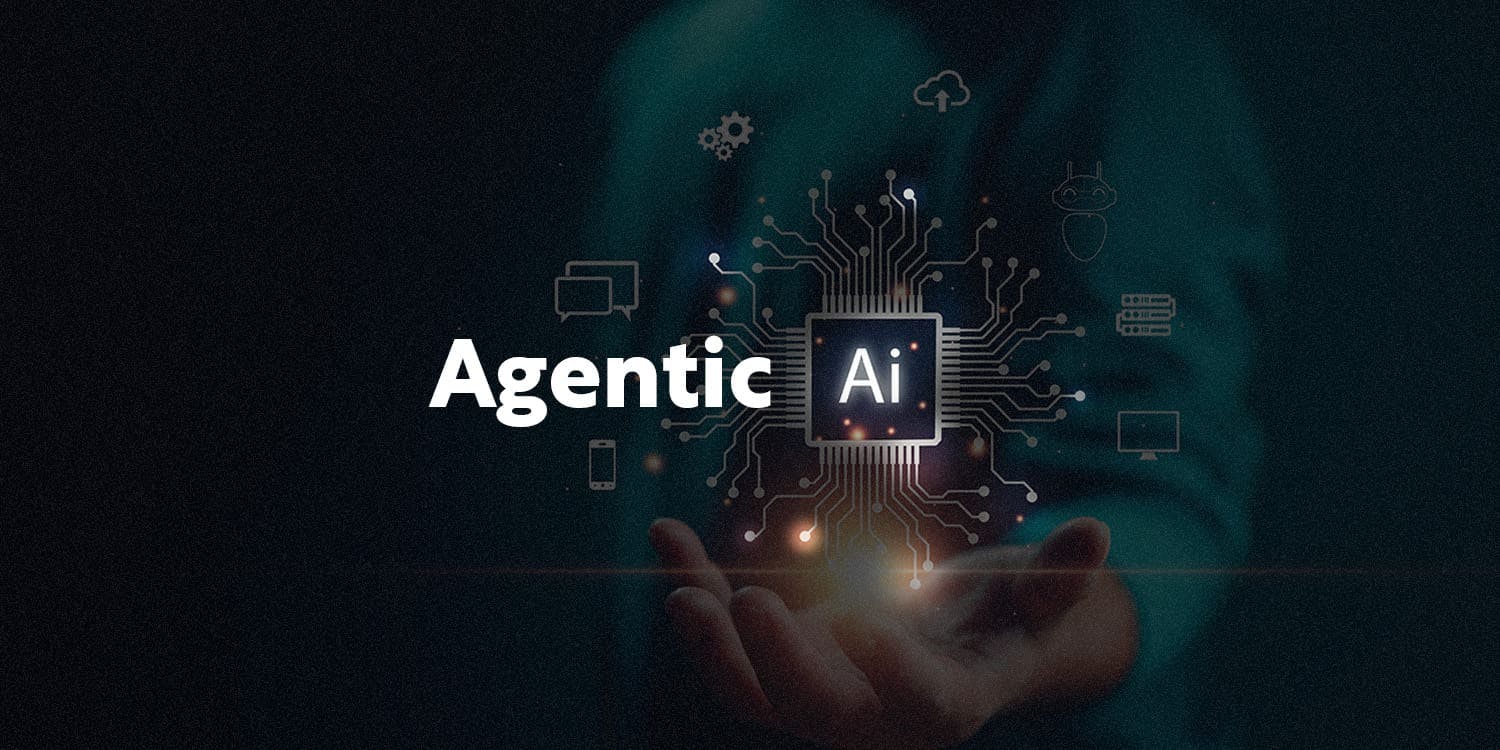The artificial intelligence industry stands at an inflection point. While ChatGPT and similar tools captured headlines for their conversational abilities, a quieter but potentially more transformative revolution is unfolding in enterprise boardrooms and server farms worldwide.
Agentic AI—autonomous systems capable of making decisions and taking actions without human intervention—is emerging as the next frontier in business automation, with market projections that should make every C-suite executive take notice.
The Numbers Don't Lie: Exponential Growth in Sight
Agentic AI Market is estimated to reach USD 196.6 billion by 2034, riding on a Strong 43.8% CAGR throughout the forecast period. This staggering projection represents more than a 28-fold increase from current market valuations, signaling an unprecedented shift in how businesses will operate in the coming decade.
The current landscape already shows remarkable momentum. As of 2025, 85% of organizations have integrated AI agents in at least one workflow, while the agentic AI market size stood at USD 6.96 billion in 2025 and is forecast to reach USD 42.56 billion by 2030, translating into a robust 43.61% CAGR over the period.
Beyond the Buzzword: What Makes Agentic AI Different
Traditional AI tools, however sophisticated, remain reactive—they respond to prompts, analyze data when asked, and provide recommendations that humans must implement. Agentic AI fundamentally reverses this relationship. These systems can initiate actions, make autonomous decisions within defined parameters, and execute complex workflows without constant human oversight.
68% of the respondents said their company is actively adopting AI to stay competitive. At the same time, 41% expect more than 50% of all AI deployments to be autonomous within the next two years. This expectation reflects a growing recognition that competitive advantage will increasingly depend on the speed and scale of automated decision-making.
Enterprise Reality Check: Early Results Are Promising
The transition from pilot programs to production deployments is happening faster than industry observers predicted. Companies like Intuit, Capital One, LinkedIn, Stanford University, and Highmark Health are quietly putting AI agents into production, tackling concrete problems, and seeing tangible returns.
The financial impact is already measurable. Companies adopting agentic AI report an average revenue increase of 6% to 10%, while nearly two-thirds (66%) report increased productivity. These aren't marginal improvements—they represent the kind of operational leverage that can fundamentally alter competitive dynamics within industries.
The Geographic Power Play
Regional competition for agentic AI supremacy is intensifying, with clear patterns emerging. The U.S. agentic AI market size was exhibited at USD 1.69 billion in 2024 and is projected to be worth around USD 65.25 billion by 2034, maintaining North America's early-mover advantage.
However, Asia Pacific is positioned as the fastest-growing region in the agentic AI market between 2025 and 2032, supported by a surge in enterprise deployments, state-driven AI strategies, and strong cloud infrastructure expansion. This suggests that while Western companies may have pioneered the technology, Eastern markets could dominate its mass adoption.
The Technology Foundation: Machine Learning's Moment
The machine learning segment led the market in 2024, accounting for over 30.5% of the global revenue. This dominance reflects the fundamental role that advanced algorithms play in enabling autonomous decision-making at enterprise scale.
The technical sophistication required for effective agentic AI deployment cannot be understated. Accelerating enterprise migration toward autonomous systems, breakthroughs in large-language-model reasoning, and the maturation of supporting infrastructure are creating the perfect storm for widespread adoption.
The Reality Behind the Hype: Challenges Remain
Despite the optimistic projections, industry analysts are sounding cautionary notes. Over 40% of agentic AI projects will be canceled by the end of 2027, due to escalating costs, unclear business value, or inadequate risk controls, according to Gartner.
This sobering prediction underscores that success in agentic AI requires more than technological capability—it demands clear strategic vision and disciplined execution.
Security concerns are also mounting. 82% of companies have AI agents in use, with 53% confirming access to sensitive data, and 58% saying this happens daily. 80% have experienced applications acting outside intended boundaries.
Looking Forward: The Enterprise Imperative
87% of professionals believe AI at work is necessary to maintain or achieve a competitive advantage, while predictions suggest that 33% of enterprise software will embed agentic AI capabilities by 2028.
Deloitte predicts that in 2025, 25% of companies that use gen AI will launch agentic AI pilots or proofs of concept, growing to 50% in 2027.
The Bottom Line: A Transformation, Not Just an Upgrade
The $196.6 billion agentic AI market projection isn't just a number—it's a forecast of fundamental change in how work gets done. As autonomous systems become capable of handling increasingly complex tasks, the definition of human-machine collaboration will shift dramatically.
The companies that thrive in this new landscape won't necessarily be those with the most advanced AI—they'll be the organizations that most effectively integrate autonomous agents into their core business processes while maintaining appropriate oversight and control. The revolution has begun, and the stakes couldn't be higher.


